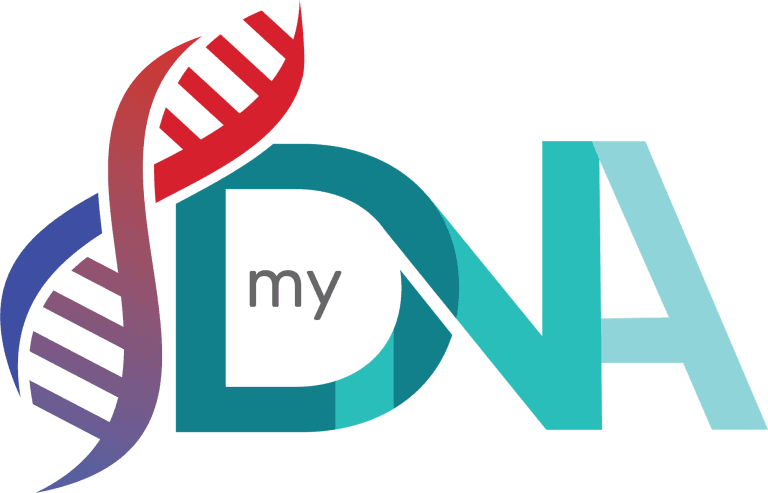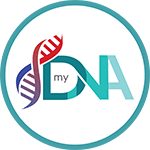Why DNA Testing is Crucial: Insights from the Angelina Jolie Effect
Early Detection and Prevention
The most significant lesson from the Angelina Jolie Effect is the power of early detection and prevention. In Jolie’s case, knowledge of her BRCA1 mutation allowed her to take preventive action before any signs of cancer appeared. This proactive approach is at the heart of why genetic testing is so valuable—it allows individuals to detect potential risks early, often before symptoms arise, allowing them to intervene in ways that could save their lives.
Genetic testing can help predict risk for people with a family history of certain conditions and inform decisions about preventive measures, such as lifestyle changes, medications, or even surgery. This preemptive health strategy can reduce the likelihood of developing serious illnesses and improve long-term health outcomes.
Personalised Risk Assessment
Genetic testing offers a personalised risk assessment that goes beyond standard medical evaluations. While doctors can assess general risk factors such as age, weight, or lifestyle, genetic testing adds deeper insight by revealing specific genetic predispositions. In cases like BRCA mutations, where the risk is significantly higher than average, this information can change the entire approach to screening and prevention.
Personalised risk assessments enable individuals to make informed decisions based on their unique genetic makeup. In many cases, this can lead to more vigilant monitoring for signs of disease and better-informed decisions about treatments and preventive strategies.
Informed Decision-Making
Armed with the information from a genetic test, individuals are empowered to make informed decisions about their health. For example, a woman with a BRCA mutation might choose increased surveillance through regular mammograms and MRIs, opt for preventive surgeries, or explore drug-based prevention. Without the knowledge of DNA testing, these options might never be considered.
Informed decision-making extends to family planning as well. Parents can choose to undergo carrier screening tests to ensure they are not passing on genetic conditions to their children, helping them plan for healthier future generations.
Emotional and Psychological Impact
While genetic testing offers critical health insights, it can also have a profound emotional and psychological impact. For some, the knowledge of a genetic predisposition to a serious illness like cancer can be overwhelming. However, for many, it provides a sense of control and empowerment. Jolie, for instance, described her decision as empowering because it allowed her to take charge of her health and reduce her risks.
Genetic counselling is an essential component of DNA testing. It helps individuals understand their results and navigate the complex emotions that may arise from learning about their genetic risks. Counselling supports difficult decisions, such as preventive surgery or treatment options, and can offer peace of mind by providing clear steps to mitigate risks.
Ethical and Privacy Considerations
As genetic testing becomes more widespread, ethical and privacy concerns must also be considered. Individuals undergoing genetic testing must know how their data will be used and who can access it. Ensuring the confidentiality of genetic information is critical, as misuse of this data could lead to discrimination in areas such as employment or insurance.
Fortunately, many countries have laws in place to protect the privacy of genetic data and prevent discrimination. In the U.S., for example, the Genetic Information Non-discrimination Act (GINA) prohibits health insurance companies and employers from using genetic information against individuals.



